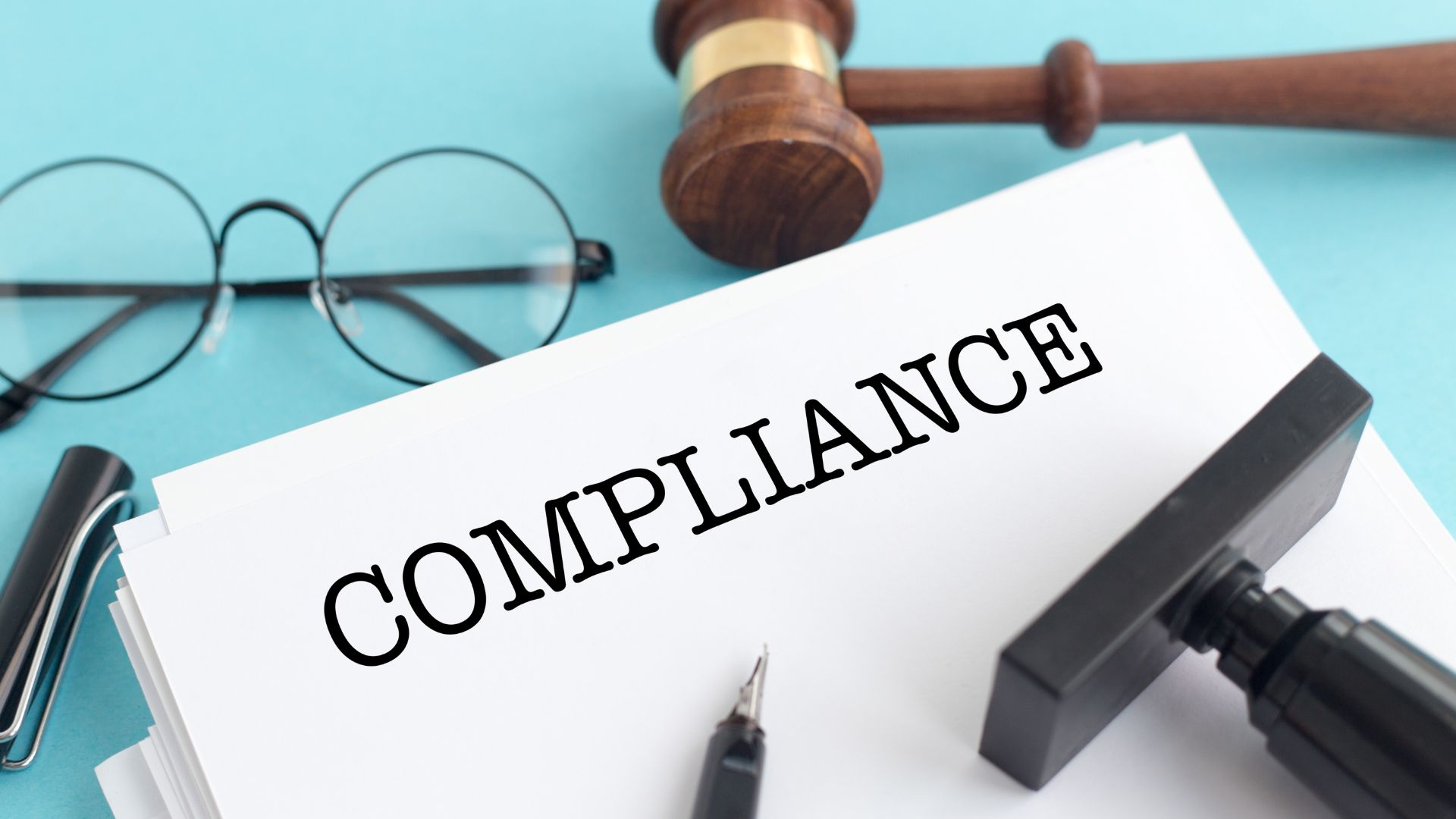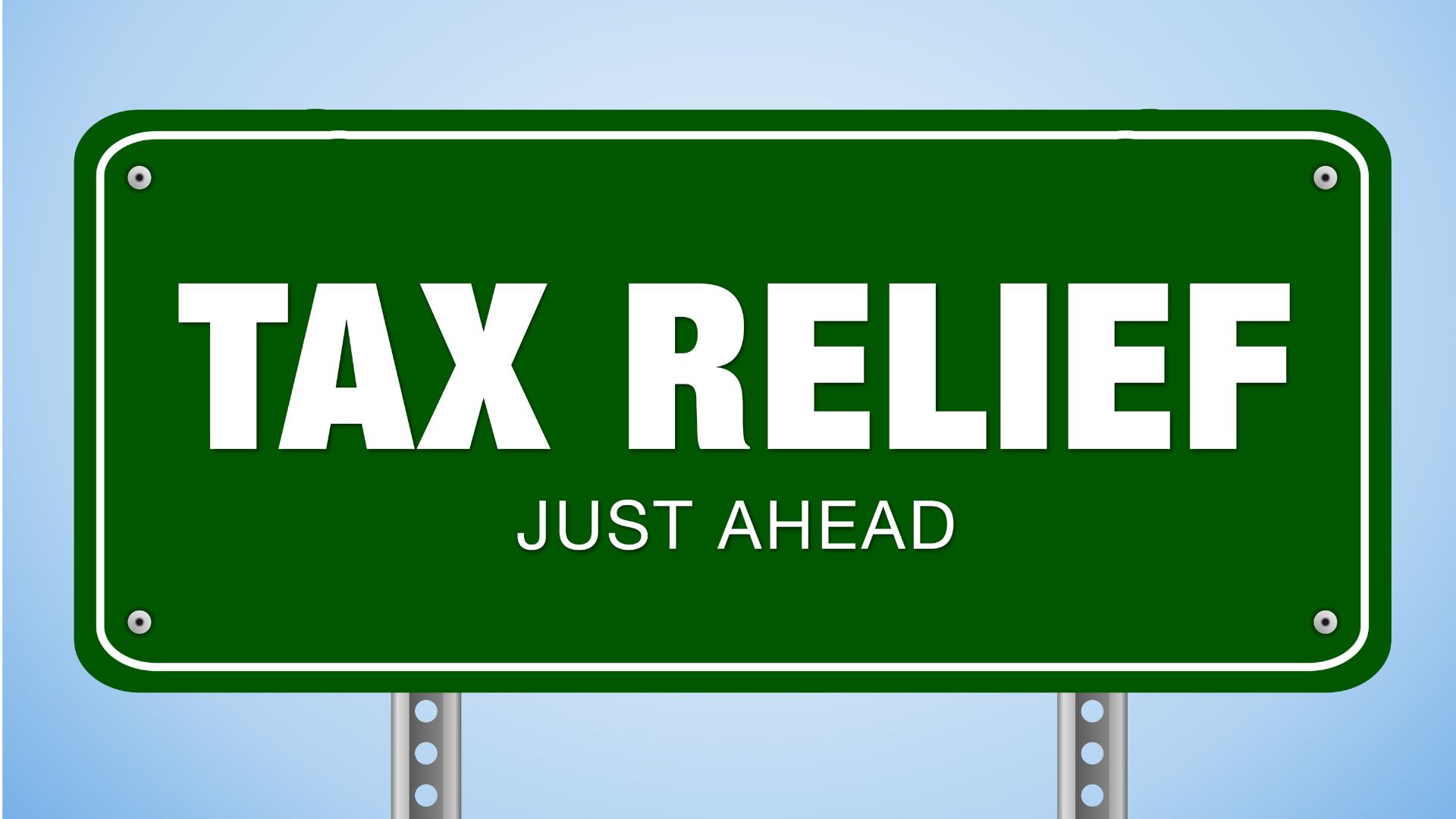The UAE airline industry is a global leader, connecting continents and powering the nation’s economy. As the tax landscape evolves in 2025, airlines-whether national carriers, regional operators, or charter services-face new compliance requirements under the UAE’s maturing corporate tax regime. This blog explains the latest tax rules, deadlines, and best practices for airline businesses, using clear examples and practical steps anyone can follow.
- Corporate Tax: The New 9% and 15% Rules
Standard Corporate Tax
From June 2023, the UAE implemented a federal corporate tax (CT) regime. By 2025:
– 9% tax applies to taxable profits above AED 375,000 for most UAE-registered companies, including airlines.
– The first AED 375,000 in profit is exempt, supporting smaller operators and startups.
Example:
A regional airline earns AED 2 million in taxable profit in 2025. The first AED 375,000 is exempt; the remaining AED 1,625,000 is taxed at 9%, resulting in a tax bill of AED 146,250.
15% Domestic Minimum Top-Up Tax (DMTT) for Multinationals
From January 2025, large multinational airline groups with global revenues above €750 million are subject to a 15% minimum tax in the UAE. If their effective UAE tax rate is below 15%, the DMTT applies to bridge the gap-aligning with OECD global standards.
Example:
A global airline group with a UAE subsidiary taxed at 9% must pay an extra 6% to reach the 15% minimum if it meets the revenue threshold.
- Free Zone Airline Entities: Special Incentives and Compliance
Many airlines operate through free zone companies (e.g., Dubai Airport Freezone, Abu Dhabi Airport Free Zone), which offer tax incentives:
– 0% tax on qualifying income (such as international ticket sales, cargo services outside the UAE).
– 9% tax on non-qualifying income (e.g., UAE mainland ticket sales, ancillary services to local clients).
– All free zone entities must register for corporate tax with the Federal Tax Authority (FTA) and file annual returns-even if only qualifying income is earned.
Key Point:
If a free zone airline company fails to meet qualifying conditions (like substance requirements or exceeding non-qualifying income), it becomes fully taxable at 9% for five years.
- VAT: 5% Standard and Sector Nuances
VAT Registration
– Mandatory for businesses with annual taxable supplies and imports over AED 375,000.
– Airlines must register for VAT if they sell tickets, cargo services, or in-flight products within the UAE.
VAT on Airline Services
– International flights: Generally zero-rated for VAT-no VAT is charged to passengers, but input VAT on related expenses can be reclaimed.
– Domestic flights and services: 5% VAT applies to ticket sales, ancillary services, and in-flight sales within the UAE.
Example:
A UAE airline sells a Dubai–London ticket (zero-rated, no VAT charged). A Dubai–Abu Dhabi ticket attracts 5% VAT.
- Key Compliance Deadlines and Penalties
 Registration
Registration
– Corporate Tax: All companies must register with the FTA within three months of incorporation or meeting the profit threshold. Natural persons (sole proprietors, freelancers) must register by March 31, 2025, if 2024 revenue exceeded AED 1 million.
– VAT: Register when crossing the AED 375,000 threshold.
Filing
– Corporate tax returns: Due annually, usually within nine months after the tax period’s end.
– VAT returns: Filed quarterly or monthly, depending on turnover.
Penalties
– Late corporate tax registration: AED 10,000 penalty.
– Late or incorrect VAT filings: Fines and possible business disruption.
- Transfer Pricing and International Operations
Airlines often operate across borders, requiring transfer pricing compliance:
– Transactions between UAE entities and foreign affiliates (e.g., aircraft leasing, interline agreements) must be at “arm’s length.”
– Proper documentation and benchmarking are essential to avoid disputes and penalties.
- Economic Substance Regulations (ESR)
Airline companies, especially those in free zones, must comply with Economic Substance Regulations if they conduct “relevant activities” (e.g., leasing, headquarters, distribution):
– Demonstrate real business activity and staff in the UAE.
– File ESR notifications and annual reports.
- Practical Steps for Airline Tax Compliance
- Register early for corporate tax and VAT to avoid penalties.
- Classify income correctly (qualifying vs. non-qualifying for free zones; domestic vs. international for VAT).
- Issue compliant invoices for all ticket sales and services.
- Maintain thorough records of all transactions, expenses, and transfer pricing documentation.
- File all returns on time using the FTA’s EmaraTax portal.
- Monitor group revenue if part of a multinational, to prepare for the 15% DMTT.
- Consult a tax advisor for cross-border operations, group structures, or complex compliance questions.
- Real-World Example: A UAE Airline’s Compliance Journey
Scenario:
A UAE-based airline operates regional and international routes, with AED 3 million in annual profit.
– Registers for corporate tax and VAT.
– Issues VAT-compliant invoices for domestic flights and in-flight sales.
– Applies zero-rated VAT to international flights, reclaiming input VAT on related expenses.
– Segregates free zone qualifying income from non-qualifying income.
– Files quarterly VAT returns and annual corporate tax return.
– Monitors global group revenue to assess 15% DMTT applicability.
– Keeps digital records for audit readiness and transfer pricing compliance.
- Common Mistakes and How to Avoid Them
– Late registration: Results in automatic AED 10,000 penalty.
– Incorrect VAT treatment: Misapplying zero-rating or standard rate can lead to fines.
– Poor record-keeping: Increases audit risk and can result in denied deductions or VAT claims.
– Ignoring transfer pricing: Can trigger disputes and additional tax liabilities.
– Failing free zone substance tests: May lose 0% tax status and face 9% tax for five years[10].
Conclusion
Tax compliance for UAE airlines in 2025 is more demanding but also clearer, thanks to digital tools and transparent rules. By understanding the 9% corporate tax, the 15% minimum for multinationals, VAT nuances, and free zone incentives, airlines can avoid penalties, optimize finances, and focus on growth.
Key Takeaways:
– Register for corporate tax (9% on profits above AED 375,000) and VAT (5% on most services).
– Apply zero-rated VAT for international flights, 5% for domestic.
– Free zone entities must meet strict conditions for 0% tax on qualifying income.
– Multinationals must prepare for the 15% minimum tax.
– Maintain thorough records and file all returns on time.
For tailored advice or a compliance review, consult a certified UAE tax consultant. Proactive compliance is your best strategy for long-term success in the UAE’s dynamic aviation sector.





